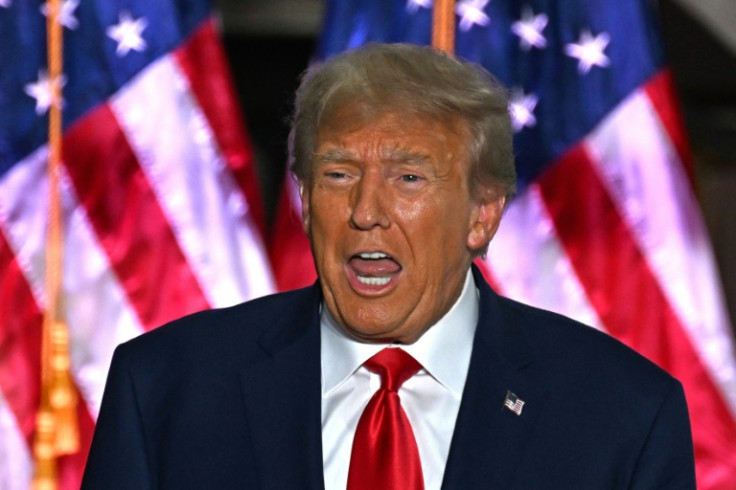
Accusing President Donald Trump of overstepping his authority and harming the economy, California has taken legal action to stop the administration's sweeping tariffs on foreign goods.
California Challenges Tariffs
California filed a lawsuit on Wednesday to block Trump's broad tariffs on foreign trade partners, after he announced a 10% tariff on goods from all countries and even higher tariffs for nations his administration claimed made it difficult for U.S. products to enter their markets, Reuters reported.
Most of these tariffs were later paused for 90 days. He also imposed a 145% tariff on goods from China, with some exceptions for electronics. In response, China placed a 125% tariff on U.S. goods. The European Union has also approved retaliatory tariffs, although they are currently on hold.
California's lawsuit argues that only Congress has the constitutional authority to impose tariffs. It claims that the law Trump used to justify the tariffs—the International Emergency Economic Powers Act (IEEPA)—does not give him the power to apply broad taxes on imports without proper justification.
The lawsuit states that Trump's tariff policies have already caused serious harm to the economy. They have led to turmoil in the stock and bond markets, erased hundreds of billions of dollars in market value in just hours, discouraged investment due to the sudden policy changes, and increased the risk of a recession.
Economic Impact from Tariffs
According to the lawsuit, California, the world's fifth-largest economy and the top U.S. state for importing goods, is especially affected by the tariffs. The state argues that the tariffs could seriously impact its 12 major ports, which handle 40% of all U.S. imports and generate important tax revenue.
Retaliatory tariffs from countries like China could also damage California's agriculture sector, which exported $23.6 billion worth of products in 2022. This could lead to thousands of job losses.
In response, White House spokesperson Kush Desai criticized California Governor Gavin Newsom, saying he should focus on issues like crime, homelessness, and rising costs in the state.
According to Desai, the administration is committed to using all available tools—including tariffs and negotiations—to protect American industries and workers from ongoing economic threats.
Legal Experts Question Tariff Justification
The Trump administration is already facing three other lawsuits over the tariffs. One was filed in New York by the Liberty Justice Center, aiming to block all tariffs. Another was filed in Florida by a group of small businesses, specifically targeting the tariffs on China.
A third lawsuit in Montana, brought by members of the Blackfeet Nation, challenges the tariffs on Canadian goods. Experts believe the legal basis for Trump's tariffs is weak.
The IEEPA Act Trump used is for addressing rare and serious threats to the U.S., but trade deficits and manufacturing declines—his main reasons for the tariffs—are long-term outcomes of U.S. trade policies, not sudden emergencies.









